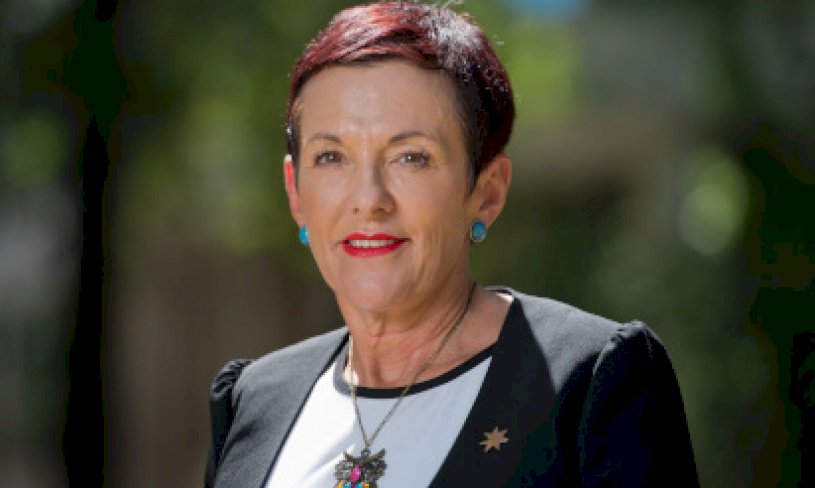Equipping professional accountants for sustainability
The International Federation of Accountants has developed a concise resource to guide accounting professionals and...
READ MORE
The Australian Small Business and Family Enterprise Ombudsman Kate Carnell has reiterated calls for major changes to Australia’s taxation framework, arguing that small businesses are unnecessarily overburdened by compliance requirements.

The Ombudsman has made a series of recommendations in relation to taxation as part of her COVID-19 Recovery Plan including optional single payment to the ATO to cover PAYG(W) superannuation guarantee and GST; period of review for small business tax returns to be one year following lodgement; removal of fringe benefits tax for small business; and permanent small business instant asset tax write-off of $150,000.
“The coming months will be critical for Australian small businesses as they try to get back on their feet in this post-COVID recovery phase,” Ms Carnell said.
“There has never been a tougher time to be in business. The last thing small businesses need is the stress of complying with overly complicated processes while trying to balance their cash flow."
She opined that the current system forces small businesses to act as the ATO’s unpaid tax collectors.
"Over recent decades, small business owners have been burdened with the requirement to withhold tax from employees’ wages (PAYGW), the additional superannuation guarantee and the GST. This has shifted administration responsibilities from the government to small businesses, which face significant penalties and interest if an honest mistake is made," she said.
“Our plan recommends the ATO should develop a solution that enables the employer to meet these obligations with a single payment to the ATO on each payroll run or monthly. It would need to be phased in to give small businesses the chance to manage their cash flow accordingly."
Moreover, Ms Carnell argued that while most small businesses pay their dues, ATO audits can be conducted as much as five years in arrears, creating unnecessary stress for small business owners.
"Our plan notes the ATO has enough timely data to identify non-compliance within a year of lodgement. When an unintentional error is found, the small business should be given the opportunity to rectify it," she said.
The small business ombudsman also called for the removal of FBT for small businesses, explaining that small businesses are required to pay FBT on items that large businesses provide in-house to retain staff such as meals, gyms and childcare centres and don’t have to pay FBT on.
“Equally small businesses need certainty to be able to plan to buy major equipment," Ms Carnell argued.
"The government’s recent instant asset write-off threshold increase to $150,000 is welcome, but most small businesses are currently focused on their survival. Our plan recommends this temporary policy be made permanent. This would significantly reduce the need for depreciation and cut red tape.
“We know the government is serious about a business-led recovery from this pandemic but success is only possible if it is balanced with the support small businesses need to get the economy firing on all cylinders again.
“Ultimately, small businesses need to be released from the burden of unnecessary regulation and onerous compliance requirements, along with the fear of ATO recovery action and severe penalties.”